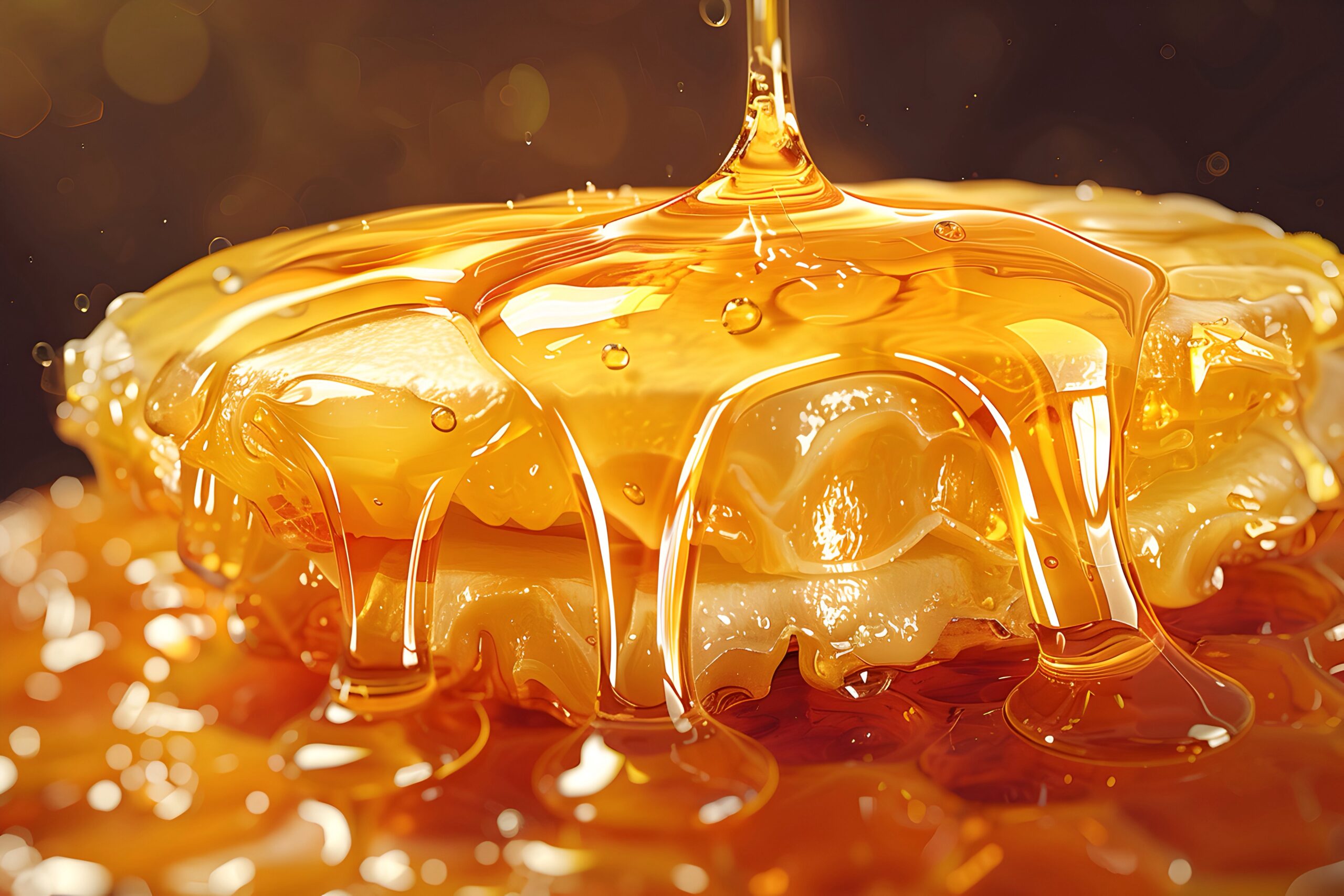Manuka Honey Shows Promise in Treating ER-Positive Breast Cancer

Researchers have discovered that Manuka honey, known for its unique nutrients and bioactive compounds, may significantly inhibit the growth of estrogen receptor-positive (ER-positive) breast cancer tumors. In a preclinical study, Manuka honey reduced tumor growth by 84% in mice without harming healthy cells or causing major side effects.
Manuka honey, produced by bees that collect nectar from the Manuka tree in Australia and New Zealand, has long been celebrated for its antibacterial, antimicrobial, antioxidant, and anti-inflammatory properties. Recent studies reveal it may also act as a selective estrogen receptor modulator (SERM), blocking the proliferation of breast cancer stem/progenitor cells and inhibiting key growth factor receptor signaling pathways.
Approximately 80% of breast cancer diagnoses are ER-positive, where estrogens bind to and activate estrogen receptors, driving uncontrolled tumor growth. Researchers found that higher doses of Manuka honey correlated with greater reductions in cancer cell growth.
Dr. Richard Pietras, MD, PhD, commented, “Despite the many accolades and beneficial properties attributed to the compounds unique to Manuka honey, the study results on tumor growth inhibition did surprise me.”
The study observed that Manuka honey reduced levels of signaling pathways often enhanced in cancer, including AMP-activated protein kinase (AMPK), Ak strain transforming (AKT), mammalian target of rapamycin (mTOR), and signal transducer and activator of transcription 3 (STAT3). These reductions suggest that activation of AMPK and inhibition of mTOR signaling may be key molecular targets mediating the honey’s antitumor effects.
Monique Richard, MS, RDN, LDN, FAND, RYT-200, stated, “It may be possible that Manuka honey’s long list of ‘anti-‘ benefits — antibacterial, antimicrobial, antioxidant, and anti-inflammatory — could grow longer with ‘antitumor,’ ‘antiproliferative,’ and ‘antimetastatic’ effects possibly being added.”
Manuka honey a promising natural treatment option
The research indicates that Manuka honey could serve as a complementary and alternative treatment option for ER-positive breast cancer. Dr. Bhavana Pathak highlighted the minimal side effects and potential for patients seeking natural supplements or opting out of traditional treatments entirely. “Next steps are testing in humans and determining safe dosing and treatment effect,” she noted.
However, the impact of Manuka honey on glucose levels raises some concerns. Dr. Pathak mentioned, “I am worried about the effect of ingesting a compound which can theoretically increase glucose, which traditionally is less recommended in cancer. However, its overall impact is what should be considered.”
The study’s promising findings underscore the need for further research. Dr. Pietras emphasized, “Although promising, our findings highlight the need for further research into the use of natural compounds, such as Manuka honey, for anti-tumor efficacy and potential chemoprevention and investigation of molecular pathways underlying these actions.”
Incorporating small amounts of Manuka honey into the diet could provide potential health benefits. Monique Richard suggested adding a teaspoon to tea or oatmeal as a practical approach.
As the medical community continues to explore the potential of Manuka honey in cancer treatment, it may offer new hope and alternative options for those affected by ER-positive breast cancer.
Parts of this article has been sourced by Medical News Today and fact-checked by Amanda Ward
Featured Image by freepik





Leave a Reply